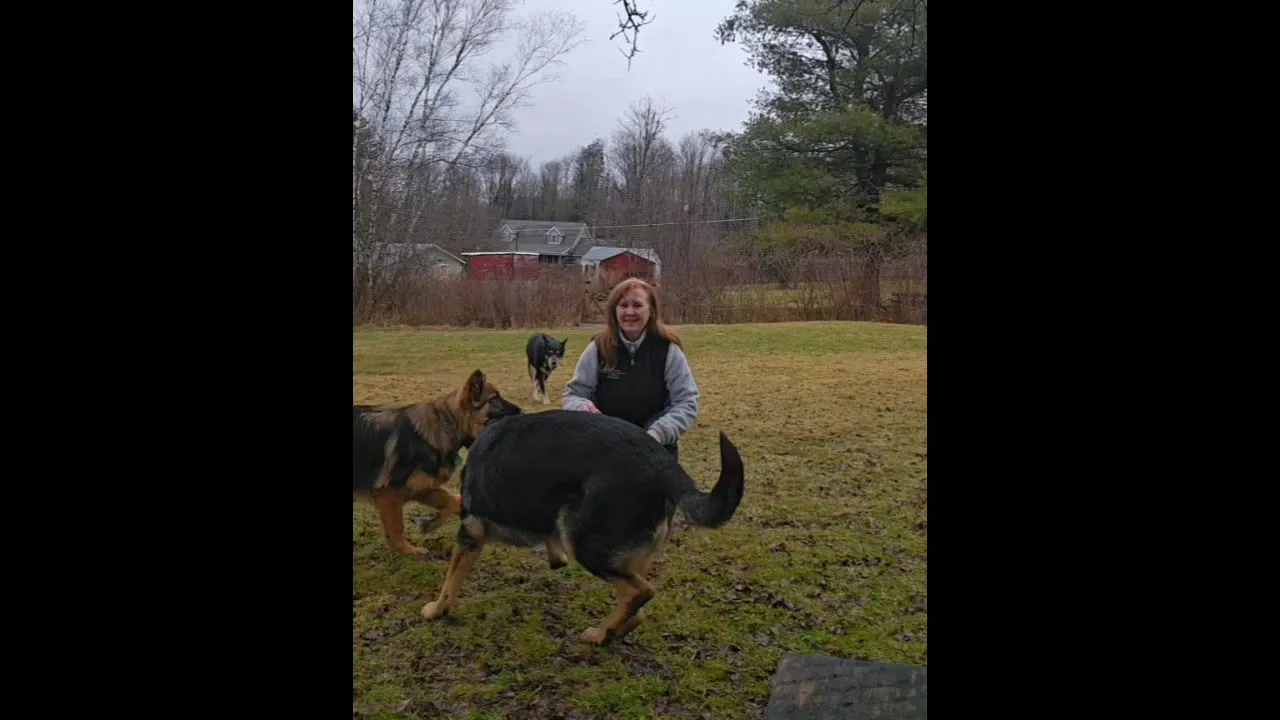Bringing a senior German Shepherd into your life can be an incredibly rewarding experience, offering these loyal companions a loving home for their golden years. If you’re searching for a “Senior German Shepherd Rescue Near Me,” understanding the unique needs of these dignified dogs and where to find reputable organizations is crucial. Many older German Shepherds find themselves displaced through no fault of their own, and rescues like Woody’s Place Senior German Shepherd Sanctuary are dedicated to providing them with the care and affection they deserve.
The Vital Role of Senior German Shepherd Rescues
Senior German Shepherd rescues play a critical role in offering a second chance to dogs who might otherwise be overlooked. These organizations, often non-profits, specialize in the care, rehabilitation, and rehoming of older German Shepherds, typically those aged eight years and above. They provide a safe haven where these dogs can receive necessary medical attention, proper nutrition, and a nurturing environment, ensuring their physical, emotional, and social well-being. The commitment of these sanctuaries goes beyond basic care; it’s about honoring the spirit of these loyal animals and giving them comfort and dignity in their twilight years.
Woody’s Place Senior German Shepherd Sanctuary, Inc., a reputable 501c3 non-profit organization established in Greentown, Pennsylvania in 2011, exemplifies this dedication. Their primary goal is to offer top-notch, lifelong care to senior German Shepherds who have been disregarded or displaced. A devoted team of seasoned caregivers at the helm is committed to cultivating a secure and nurturing atmosphere where residents can flourish. By championing responsible pet ownership through their #LifeWithOldDogs Media, they shed light on the distinct needs of senior dogs while also advocating for their safeguarding and well-being. Ultimately, their mission is to grant these faithful companions the opportunity for a fresh start by affording them an unparalleled quality of life during their golden years. Their vision is unwavering: every abandoned senior German Shepherd should receive affection and care throughout their golden years.
Understanding the Unique Needs of Older German Shepherds
As German Shepherds age, their needs evolve. They may experience a decline in agility, particularly in their hindquarters, or develop conditions like arthritis. Their exercise routines might need to be adjusted to accommodate lower energy levels and potential joint pain. Furthermore, their dietary requirements change, often necessitating specific foods to maintain a healthy weight and support their aging bodies without adding unnecessary pounds. Addressing these aspects is vital for their comfort and longevity.
Dawn Mimnaugh, the Founder and Head Caretaker at Woody’s Place Senior German Shepherd Sanctuary, brings decades of practical knowledge in providing expert care for older dogs aged eight years and above. Through #LifeWithOldDogs Media, which includes an informative blog, podcast, newsletter, and online courses, she shares valuable insights to help caregivers ensure their loyal companions enjoy their golden years while maintaining optimal health and well-being. This platform provides essential information for anyone with a senior dog, covering topics from tailored exercise routines to crafting delectable and nourishing homemade meals and snacks.
What to Look for in a Senior German Shepherd Rescue Near You
When you’re searching for a “senior German Shepherd rescue near me,” it’s important to choose a reputable organization that prioritizes the welfare of its animals. Here are some key factors to consider:
- Non-Profit Status: Look for 501c3 non-profit organizations, as this indicates a commitment to their mission rather than profit.
- Specialization in Seniors: Ensure the rescue has specific programs or expertise in caring for senior dogs, understanding their unique health and behavioral needs.
- Comprehensive Care: A good rescue will provide thorough veterinary care, including check-ups, necessary treatments, and age-appropriate vaccinations.
- Nutritional Programs: Inquire about their feeding regimens, especially for senior dogs who may have specific dietary requirements or sensitivities.
- Enrichment and Comfort: Observe the living environment. Are the dogs comfortable? Do they receive regular exercise, mental stimulation, and affection?
- Transparency: Reputable rescues are transparent about their operations, adoption process, and financial practices. They should be willing to answer all your questions.
- Support for Adopters: A valuable rescue offers guidance and support to adopters, helping them transition their new senior companion into their home successfully.
 A beautiful tan and black German Shepherd dog sits attentively outdoors, with a gentle expression
A beautiful tan and black German Shepherd dog sits attentively outdoors, with a gentle expression
Beyond Rescue: Supporting Senior German Shepherds
Even if you’re not ready to adopt, there are numerous ways to support senior German Shepherd rescues and the dogs they care for. Volunteering your time, donating financial resources, or fostering a senior dog temporarily can make a significant difference. Educating others about the benefits of adopting older dogs and dispelling myths about their trainability or health can also help increase their chances of finding forever homes. Resources like the #LifeWithOldDogs Media by Woody’s Place offer valuable information to help you understand and care for senior dogs, whether they are adopted from a rescue or have been a long-time member of your family. By supporting these initiatives, you contribute to a world where every senior German Shepherd receives the love and care they deserve.
Conclusion
The journey of finding a “senior German Shepherd rescue near me” is one filled with compassion and the promise of a fulfilling connection. Organizations like Woody’s Place Senior German Shepherd Sanctuary are beacons of hope for these magnificent dogs, ensuring they live out their golden years with dignity and love. By choosing to adopt or support a senior German Shepherd, you’re not just saving a life; you’re gaining a loyal, gentle, and wise companion who will undoubtedly enrich your life in countless ways. Explore local rescue options and consider how you can contribute to their vital mission.
